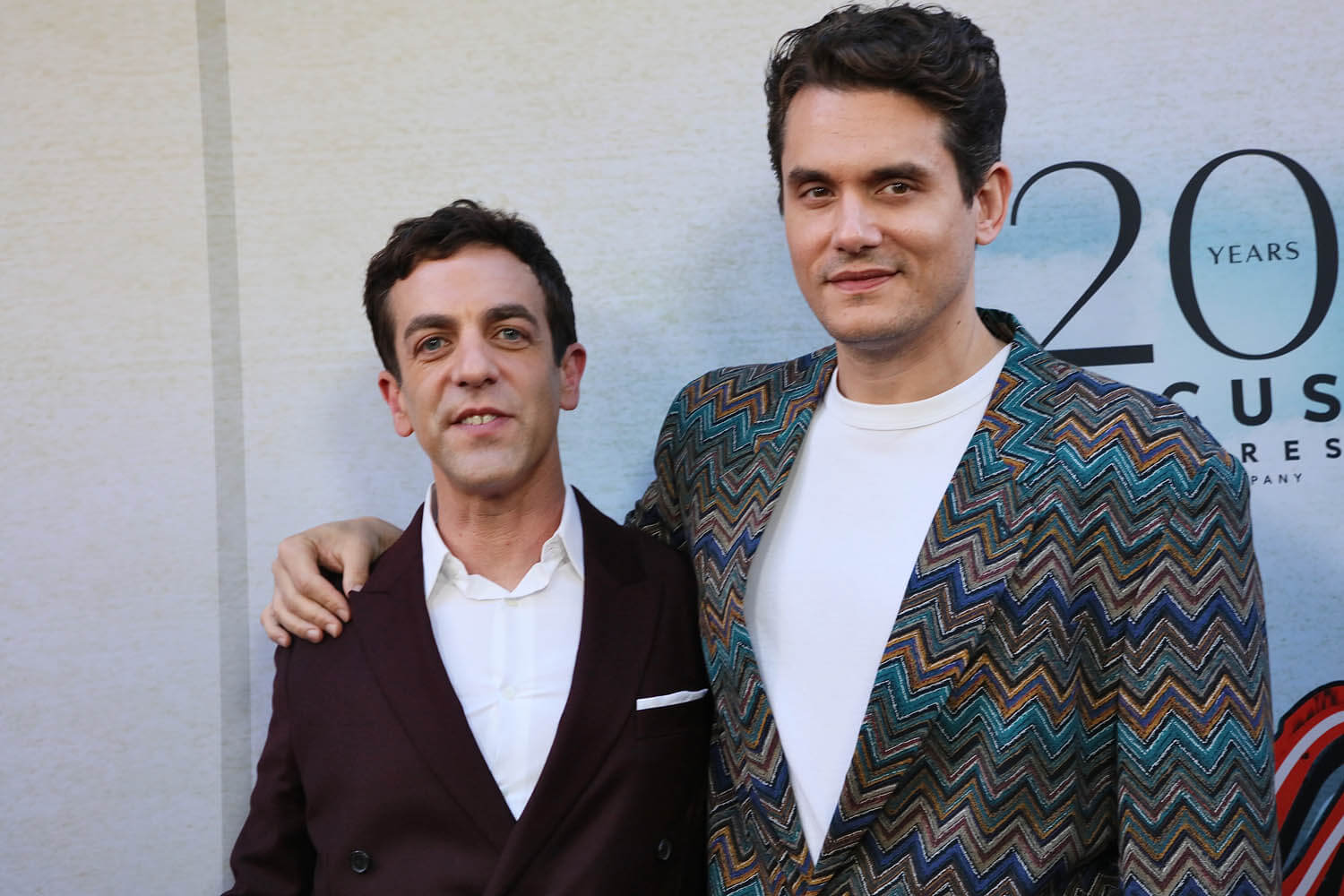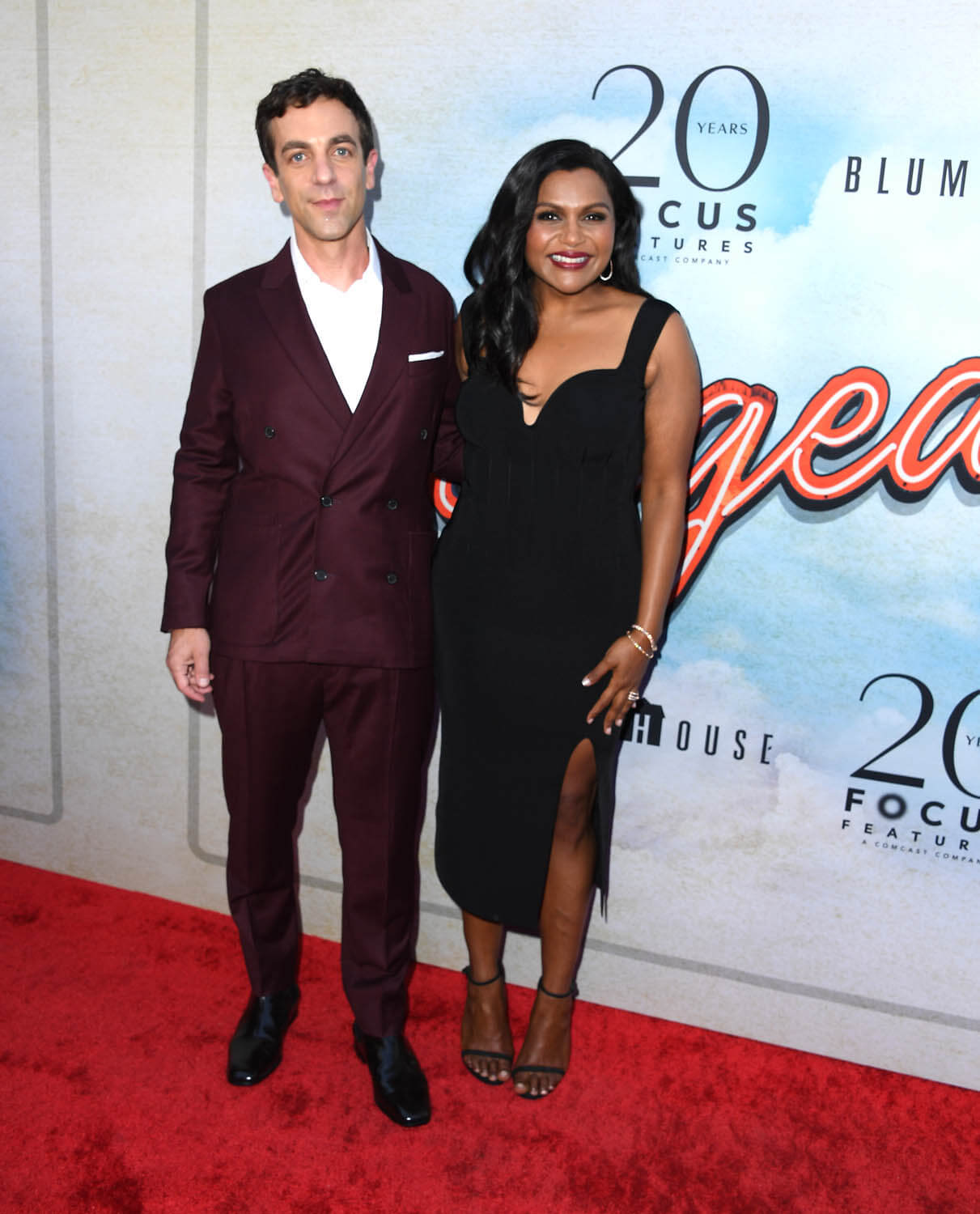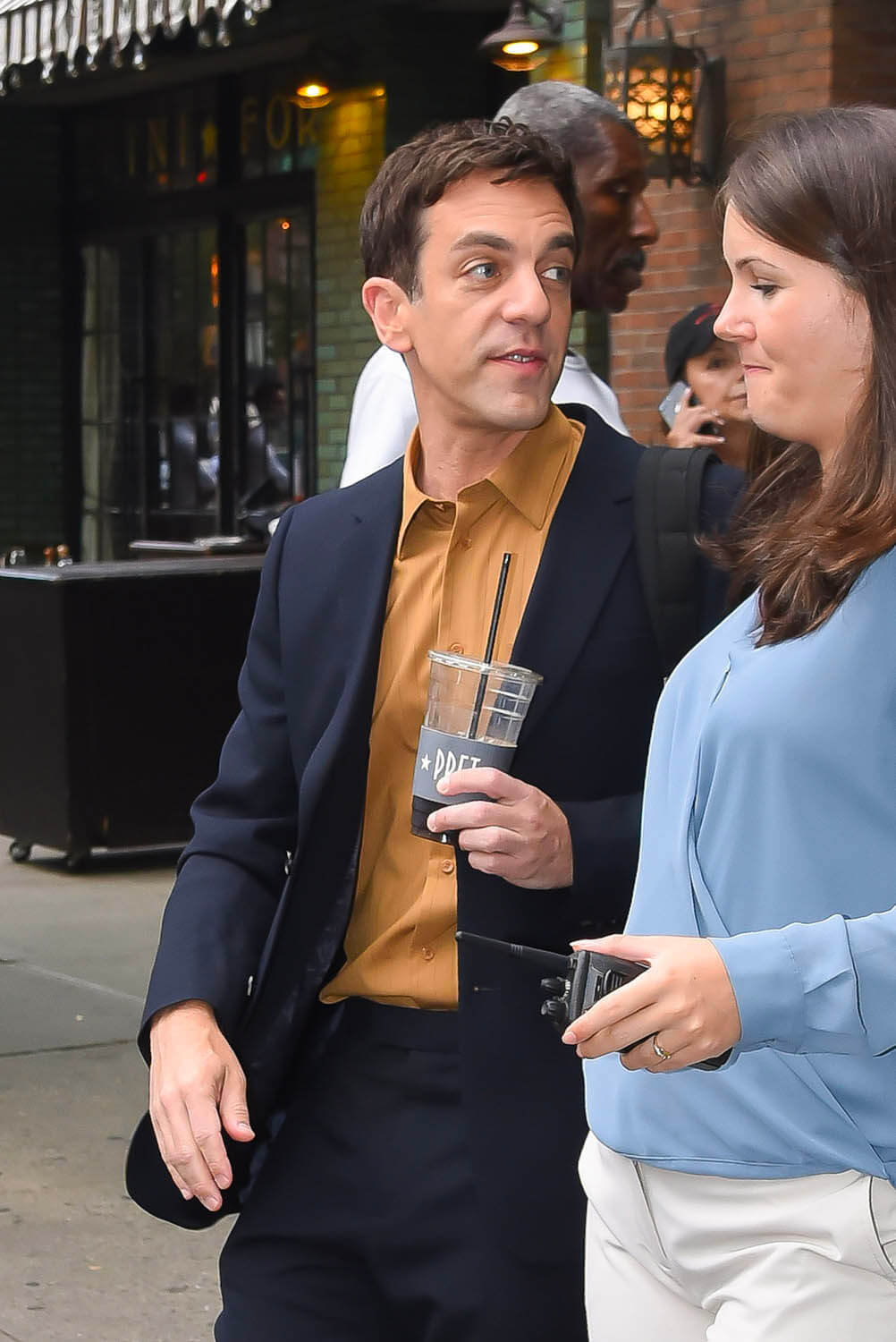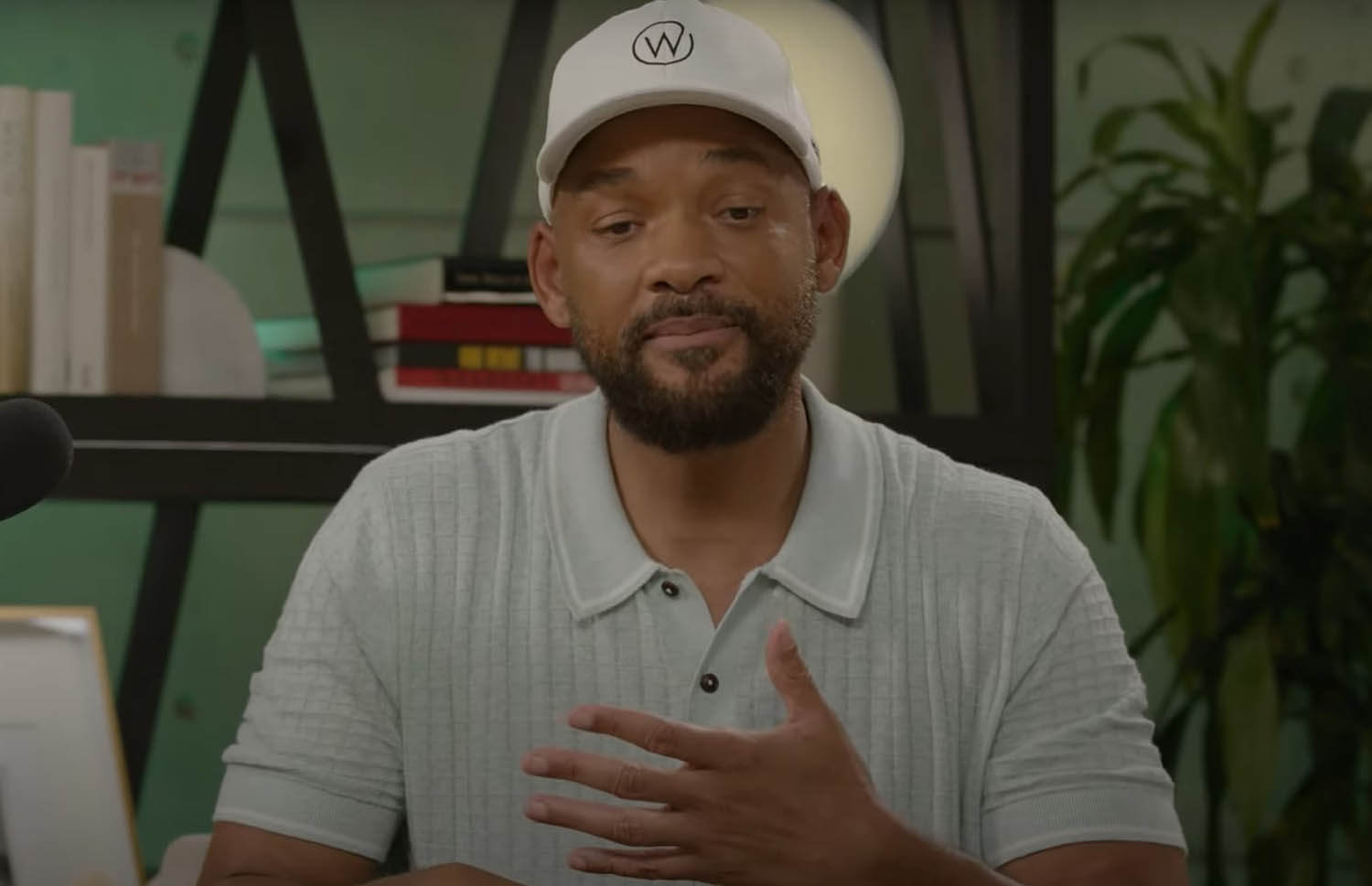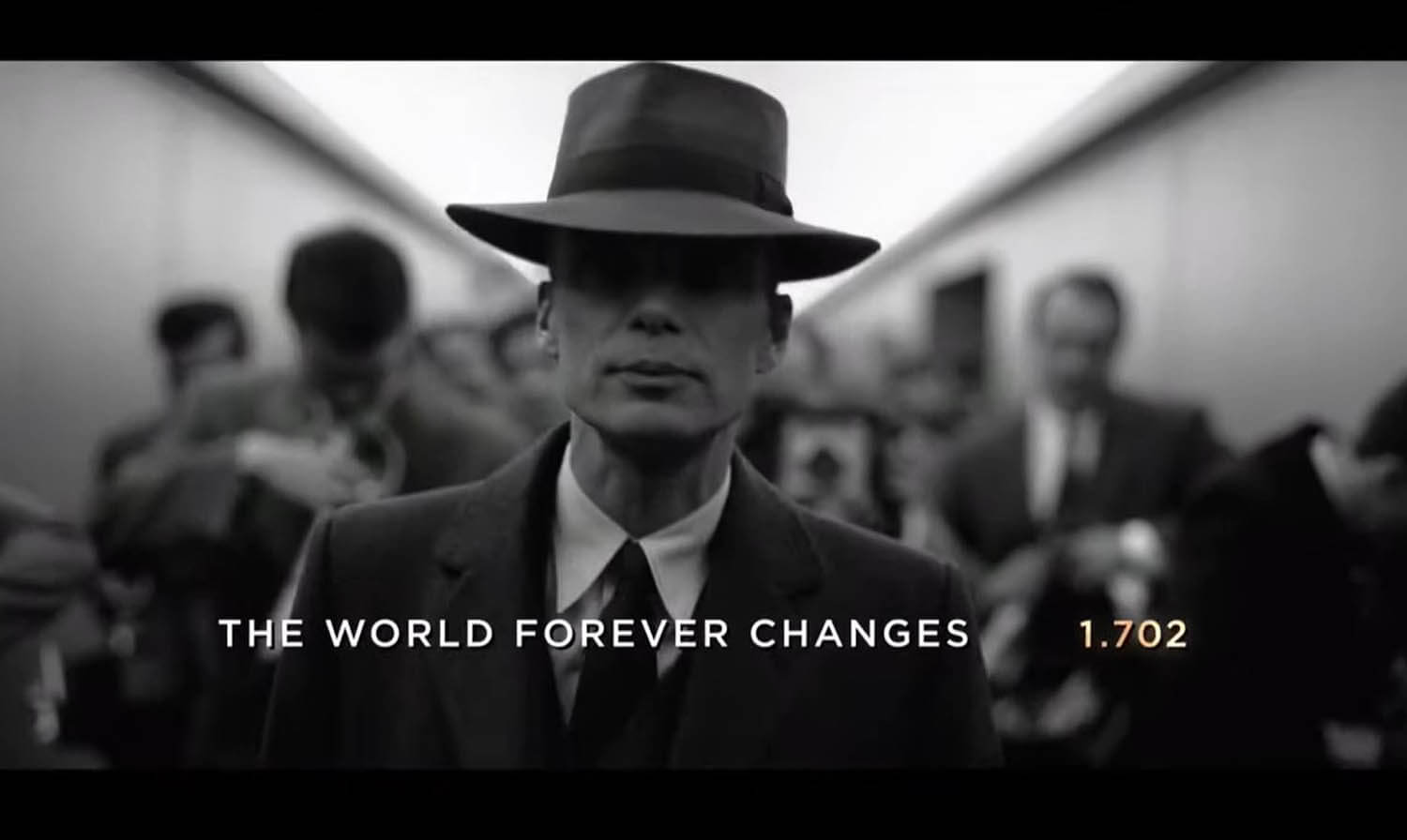B.J. Novak and Boyd Holbrook in Vengeance


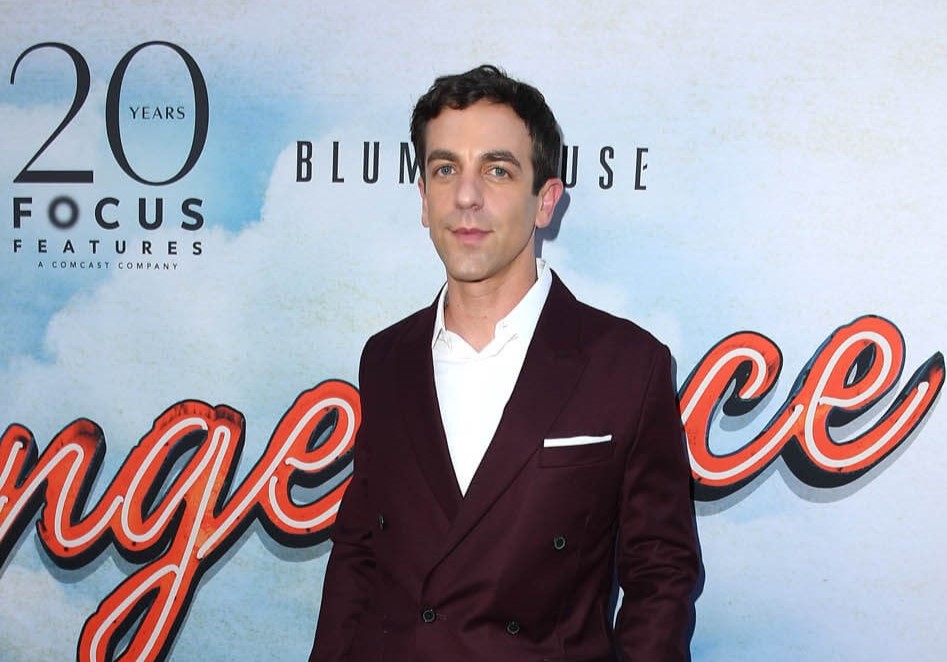
Vengeance is one of my favorite films of the year so far, an increasingly dark, genuinely funny film about, well, vengeance, but also stories. The stories we tell each other and more importantly, the stories we tell ourselves.
B.J. Novak, who writes and directs the film, stars as Ben, a writer for The New Yorker who really wants to launch a podcast because…well…merely writing isn’t good enough. He must be heard, too. He has an idea about what really divides Americans, but it’s just a theory, not a story. He needs a story worth telling before podcast producer Eloise (Issa Rae) will put him on podcast platforms everywhere.
Ben is awful, right from the bat. Shallow, selfish, constantly saying “100%”, he excuses his hookup behavior with his friend, John (John Mayer), and shies away from the thought that a meaningful connection with one person might be better than semi-anonymous sex with a stable of booty calls. Novak has no vanity in his performance or how he directs himself, it’s clear Ben is going to spend the film getting the rug pulled out from under him, and he will deserve it every time. It’s one of those past booty calls that lands Ben in hot water, as a man he’s never met calls in the middle of the night to tell him a woman he barely remembers has died. The man, Ty (Boyd Holbrook), is her brother, and he will pick Ben up at the airport for the funeral.
A reasonable person would tell Ty he wasn’t actually dating his sister, Abilene (Lio Tipton), but if Ben did that, the movie wouldn’t happen. So off to rural west Texas Ben goes, where he meets Abilene’s colorful family. At least, colorful to Ben, the New Yorker. The Shaws are pretty standard by Texas measure. But west Texas is a whole new world to Ben, and soon he finds himself drawn into Ty’s theory that Abilene didn’t merely overdose in a remote desert location, she was murdered. Ben, hungry for a story to give Eloise, immediately pitches his investigation with Ty as a story about “the meaning of America” and a bunch of other self-important nonsense that’s more about inflating Ben’s ego than getting at any truth about people or America. What it comes down to, really, is that Ben has the lead on a dead white girl, a podcast jackpot. The working title of his podcast is even “Dead White Girl”.
Once Ben begins investigating, Vengeance steadily turns into something more than the sum of its parts. It never stops being funny—it’s dark, but it’s a comedy—but Novak, who is free with the monologues, sketches a realistic portrait of rural red America that is alternately affectionate and brutal. People consistently prove themselves smarter and more cultured than Ben expects, which is never not funny but it’s also a good point, summed up in a monologue by record producer Quinten Sellers (Ashton Kutcher, reminding us how good he can be on screen). The problem in rural Texas isn’t that the people are dumb, it’s that they’re smart, but they have nowhere to put their energy and creativity, so they spin their wheels with violence and conspiracy theories, like Ty. But in other moments, Ben’s outsider perceptions are dead-on. Vengeance makes its case clearly—people can surprise you, even delight you, and still be exactly who you think they are.
This is definitely a “know as little as possible” film. The ending isn’t entirely out of left field, but how Vengeance gets there and how it unfolds is really well done, and full of unexpected quirks. It’s a warts-and-all performance from Novak, who uses Ben to deconstruct the commodification of not only death and true crime, but specifically narratives, and how stories are all we are and all we have in the end. The problem is that stories rarely offer firm conclusions, they depend on perspective, of the audience, of the teller. A story like Abilene’s is never going to have a clear villain and hero, and people will never be satisfied with the final answer, because too many people are spinning their wheels like Ty, inventing complications—conspiracies—because the story is all they have.
If the story is over, they have nothing, and in this way, Abilene will never die. But it’s not a peaceful kind of memorial, it’s an ever-mutating monstrosity of exploitation and commercialization that will maybe make Ben famous but will also render her family “characters”, not people, and turn Abilene into a sideshow. But Vengeance is equally firm on the importance of stories, that we need them, that what matters most is how we tell them and to whom, that commodifying every experience isn’t necessary, some stories can be “just for us”. Vengeance is a film that is clear-eyed about people’s failings, but forgiving of their foibles because in the end, each other is all we have, bound by the stories we tell.
Vengeance is exclusively in theaters from July 29, 2022.
Attached: B.J Novak at the 'Vengeance' Los Angeles Premiere with Mindy Kaling and John Mayer on July 25 and in NYC on July 28.

